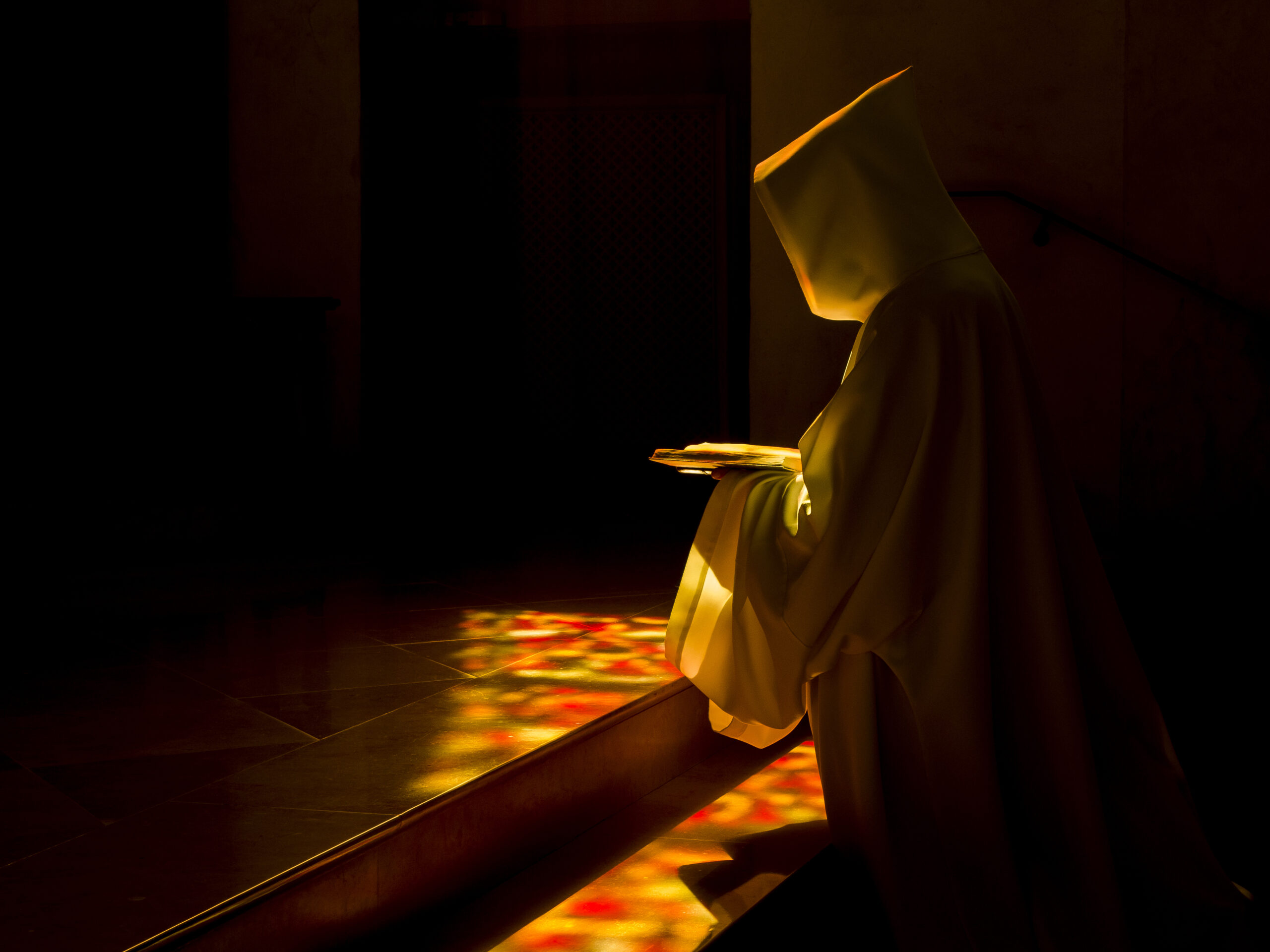23rd SUNDAY in ORDINARY TIME: Luke 14:25-33.
Think of all the ways that celebrities, entertainers, athletes, politicians, social influencers and all sorts of other people cultivate their followers, with: donations, fan clubs, votes, merchandise, likes on social media, and on and on.
Today “great crowds were traveling with Jesus.” But he has absolutely no use for admirers, adoring throngs, groupies, stalkers, donors, fans or any of that. He desires one thing from other people, one thing and one alone: he wants disciples. Period. And he makes that clear today.
Don’t come after me unless you’re sure you know what you’re getting into, and make sure you calculate the cost, Jesus says in today’s Gospel. And by the way, if you don’t renounce your possessions and typical ways of human relationships, you can’t be my disciple. Three times in today’s Gospel, Jesus says you CANNOT be his disciple unless you do these things.
In the formation for Catholic religious life, which is a radicalized institutionalized form of being a disciple in Christ, there are formal steps in the process of becoming a full member — a monk, sister or brother in their final vows. And these steps generally have something to do with renouncing and relinquishing things.
For example, in the Cistercian or Trappist order of monks that I was once briefly a part of, when you become a novice, early in the process, you renounce your name, you get another one. And as you take your final vows, you hand over everything in your bank account to the monastery.
This week I reached out to Fr. Kevin Walsh, the formation director of Mepkin Abbey, the Trappist monastery outside of Charleston, South Carolina, to ask him about some other things monks renounce, and he gave me a better answer than what I was looking for, a broader answer that overlaps with the kinds of challenges we all would do well to look at in deepening our discipleship.
He talked about control, about how monks each day report for work and simply accept whatever job may be given to them in the care of the monastery. And we can ask ourselves: are there ways in our lives where we can renounce our control about daily duties?
He mentioned renouncing our time, how monks pray at seven assigned hours each day. Is it possible for us to do things not just when we feel like it, but stick to a formal schedule?
Fr. Walsh talked about food. Trappist monks do not snack and they can only eat what is put out for them. He talked about their limited access to media and the internet. Are there ways we can renounce our will and our impulses when it comes to these unavoidable daily things?
We’re all called to be disciples, monk or no monk. And we’re all called to advance on the lifelong journey of discipleship. And renunciation is a big part of how we make progress. The renouncing has to be substantial and sustained. We can’t just give up M&M’s for Lent, and then eat an entire chocolate Easter bunny on Easter Sunday.
“Let go and let God” is not just a nice-sounding cliché. It’s our daily discipleship job description.

